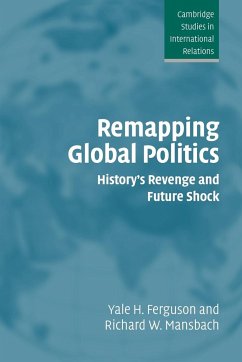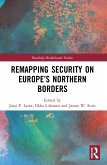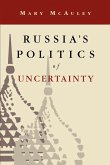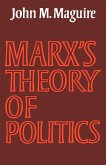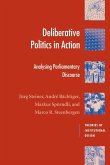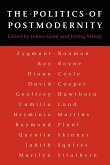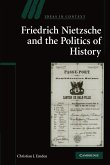Short description/annotation
An attempt to redraw our mental maps of global politics through the prism of 'post-internationalism'.
Main description
This book seeks to redraw our mental maps of global politics and to explain the shifting and accelerating forces that are shaping those maps. The authors build on the concept of 'post-internationalism', focusing primarily on 'political space' and 'political identity' which, they argue, are the new frontiers of global political theory. They suggest that the state is losing capacity, legitimacy and authority to remain the primary actor in world affairs and is giving way to a more complex post-international universe characterized by diverse and overlapping polities. This book is the result of the authors' long-standing joint research into the nature and dynamics of global politics, a collaboration that has spanned over three decades. It makes an important contribution to the literatures on globalization and the future of international relations theory.
Table of contents:
Preface; 1. Post-international politics; 2. Theory and method; 3. Political space and time; 4. States and other politics; 5. Identities in a post-international world; 6. A post-international world economy; 7. War in a post-international world; 8. Technology and change; 9. The future.
Hinweis: Dieser Artikel kann nur an eine deutsche Lieferadresse ausgeliefert werden.
An attempt to redraw our mental maps of global politics through the prism of 'post-internationalism'.
Main description
This book seeks to redraw our mental maps of global politics and to explain the shifting and accelerating forces that are shaping those maps. The authors build on the concept of 'post-internationalism', focusing primarily on 'political space' and 'political identity' which, they argue, are the new frontiers of global political theory. They suggest that the state is losing capacity, legitimacy and authority to remain the primary actor in world affairs and is giving way to a more complex post-international universe characterized by diverse and overlapping polities. This book is the result of the authors' long-standing joint research into the nature and dynamics of global politics, a collaboration that has spanned over three decades. It makes an important contribution to the literatures on globalization and the future of international relations theory.
Table of contents:
Preface; 1. Post-international politics; 2. Theory and method; 3. Political space and time; 4. States and other politics; 5. Identities in a post-international world; 6. A post-international world economy; 7. War in a post-international world; 8. Technology and change; 9. The future.
Hinweis: Dieser Artikel kann nur an eine deutsche Lieferadresse ausgeliefert werden.

